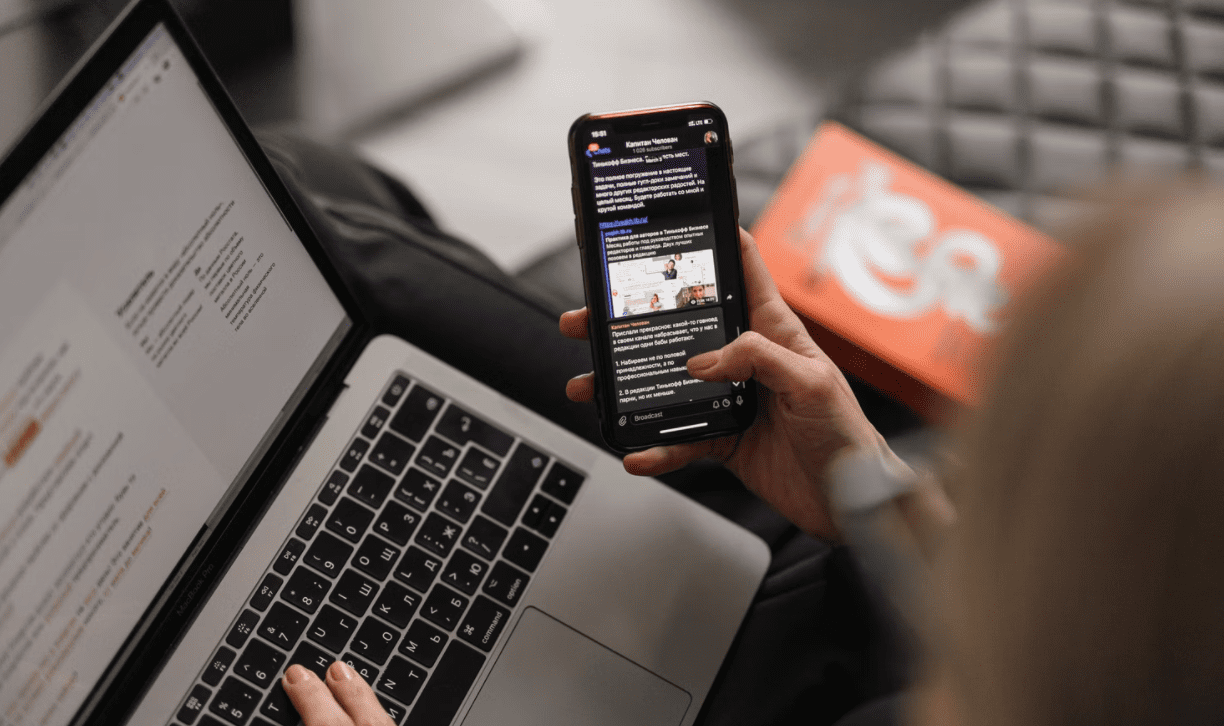Smartphone usage was already on the rise, but with the pandemic, self-isolation has encouraged people to turn to their smartphones even more. More of our life continues to move online, from social networking to video games to working from home. Stay at home strategies implemented during the COVID-19 outbreaks have provided a way for people to achieve nearly everything they need to in a day virtually, and there have never been so many online activities and services accessible via smartphone.
We are on our phones now more than ever. A recent global survey indicated that about 70% of internet users worldwide, especially the younger generation, were using their smartphones more as a direct result of lockdown due to the coronavirus outbreak. And even as the restrictions are lifted and things start going back to normal, excessive smartphone use seems to remain unchanged.
The average smartphone user spends nearly 3 hours per day on their smartphone.
The average teenager spends approximately 7 hours and 22 minutes on their phone per day. This excessive use may cause great harm to physical and psychological health.
Recent studies have shown an association between excessive smartphone use and health problems. Researchers have found that “excessive phone usage leads to stress, anxiety, depression, sleep disturbances, and relationship issues.” It may also lead to chronic shoulder, lower back, and neck pain.
Studies have also shown that young people experience withdrawal symptoms when away from their phone for a short period of time, and the tendency to continually check your phone for notifications can induce a “reassurance seeking” pathway which broadly includes symptoms such as loneliness, low self-esteem, and depression.
Unfortunately, it’s not enough to just educate yourself about the dangers of excessive phone usage and expect these warnings to motivate you to put down your phone. When hearing of the associated health risks, your brain is more likely to view this information as a threat and choose to not accept this information in defense.
According to self-affirmation theory, such maladaptive defensive responses can be reduced through the affirmation of important values.
A new study on the Effect of Self-Affirmation on Smartphone Use Reduction Among Heavy Users published just this year in Psychological Reports, found that when heavy phone-users self-affirmed their core values before reading about the health risks of smartphone overuse, their motivation to reduce their phone usage was significantly higher than when they did not self-affirm. These results suggest that health risk information combined with self-affirmation is effective in reducing smartphone usage by heavy users.
So if you have a bad habit that you know is harmful to your health (phone usage or not) but you still just can’t find the motivation to change, try practicing self-affirmation first next time.
You can find hundreds of prerecorded affirmations on the Selfpause app, or use the app to write and record your own affirmations that affirm your core values!




